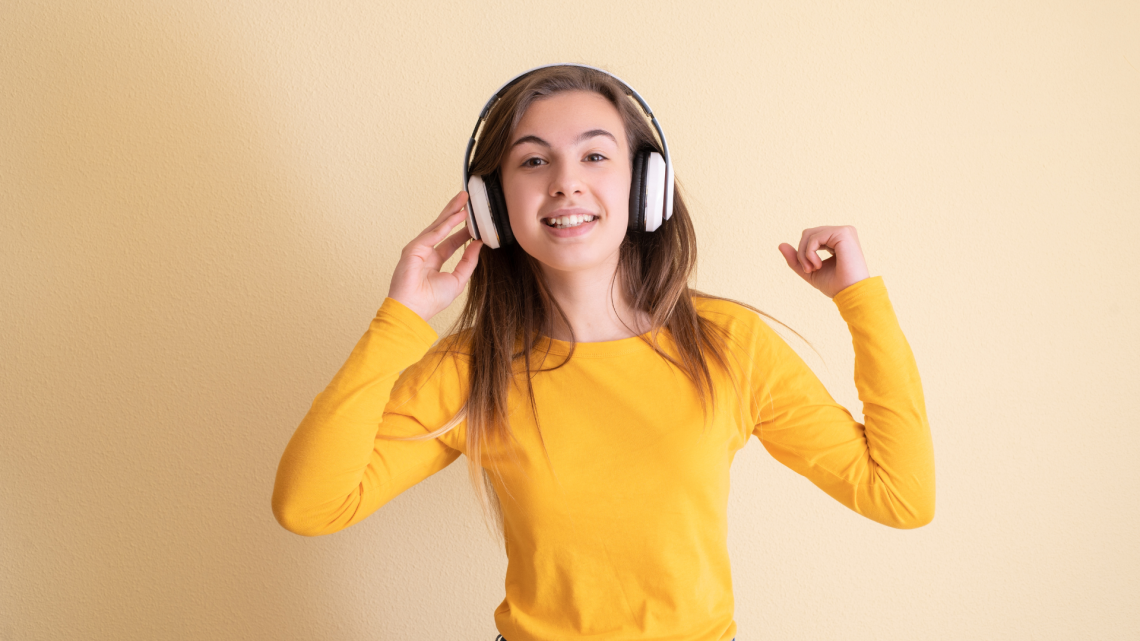
The Effect Of Music On US Teens
Music has been around for centuries, and it’s clear that it has a powerful effect on people. In this blog post, we will explore music’s effects on US teens. We’ll look at the good and the bad aspects of using music to influence people, and we’ll determine whether or not music is a negative force on teenagers.
What does music do for US teens?
According to a study by the American Psychological Association, music has a positive effect on US teenagers. The study found that teens who listen to music frequently are more likely to have higher self-esteem and are less likely to engage in risky behaviors than their peers who don’t listen to music. They are also more likely to be physically active and eat healthy foods. The study suggests that music can help teenagers develop communication and social skills, as well as improve their academic performance. It also pointed out that teens who listen to music often feel connected to others, which can lead them to make better choices in life.
Music has been shown to have many benefits for US teenagers, both socially and academically. If you’re looking for ways to improve your relationship with your teenager, consider incorporating some form of musical activity into your routines.
Does technology make music more addictive?
According to a study by the Pew Research Center, adolescents today are more likely than any other generation to use technology constantly. 91 percent of US teens report using devices like phones and computers for entertainment at least some of the time. And with so much music available digitally in streaming services like Spotify and Apple Music, it’s no surprise that teenagers are spending more time listening to music than ever before.
What is surprising, however, is how addicted US teens have become to their devices and music. In the study, nearly half (49%) of US teens say they’ve been hooked on music for at least a month, and 28 percent say they’ve been hooked on music for at least a year. This level of addiction is unprecedented in American history. It could be linked to two factors: the accessibility of music and how technology has transformed how we listen to it.
Since streaming services like Spotify let users listen to music on their devices anywhere they go, teenagers are increasingly using music to escape reality. “Music has always been a way for people to connect emotionally,” says Dr. Kimberly Young, an associate professor in psychiatry at Emory University School of Medicine who has studied how kids use media. “But now, with all these screens in our lives and all these distractions around us, it’s easier for kids just to turn off their brains and turn on their ears.”
Technology also plays a role in making music more addictive. For example, the way music is designed to be interactive – with lyrics that change as you play it and songs that can be played repeatedly – makes it more difficult for us to resist listening. “The appeal of music is not just about the sound itself,” Young says. “It’s about the social connection we have with music, how it can make us feel, and what it can do for our mood.”
So while technology may not be solely responsible for making music more addictive, it’s playing a role in creating an environment in which teens are increasingly dependent.
How much time should students have to spend on music?
On average, American teenagers spend about two hours a day listening to music. This includes time spent in the car, at home, and participating in other activities. The amount of time students spend listening to music has been shown to positively affect their academic performance. Studies have found that students who listen to music regularly are more likely to achieve higher grades in school. They also tend to be less anxious and more productive. Furthermore, students who listen to music are happier and have better social lives.
While there is no one answer for how much time students should spend on music, it is important for them to find something that interests them and allows them to express themselves. It is also beneficial for them to find ways to incorporate music into their daily routine so that they continue enjoying its benefits long after they stop paying attention to it.
Evidence from a variety of studies has shown that music can have a powerful impact on teenagers. It is often one of the reasons why teens are so rebellious and prone to breaking social norms. However, this doesn’t mean that all forms of music are bad for teenagers. Many experts believe that calming or soothing music can help minimize stress levels and promote relaxation. Additionally, upbeat or motivating songs may help teenagers focus in class and boost their motivation levels. So whatever type of music you choose for your teenage son or daughter, make sure it is appropriate for their age group and interests.




